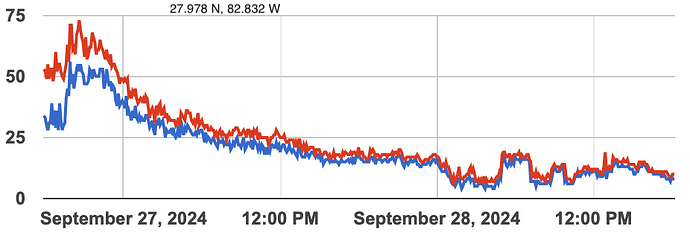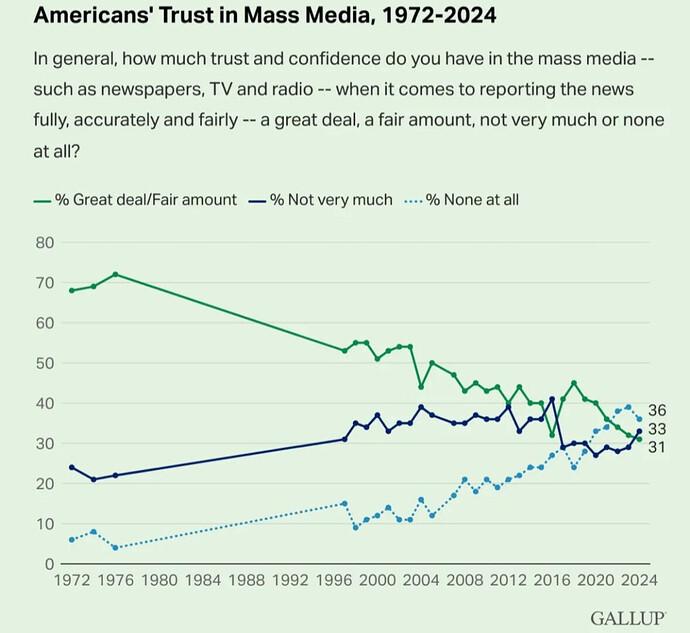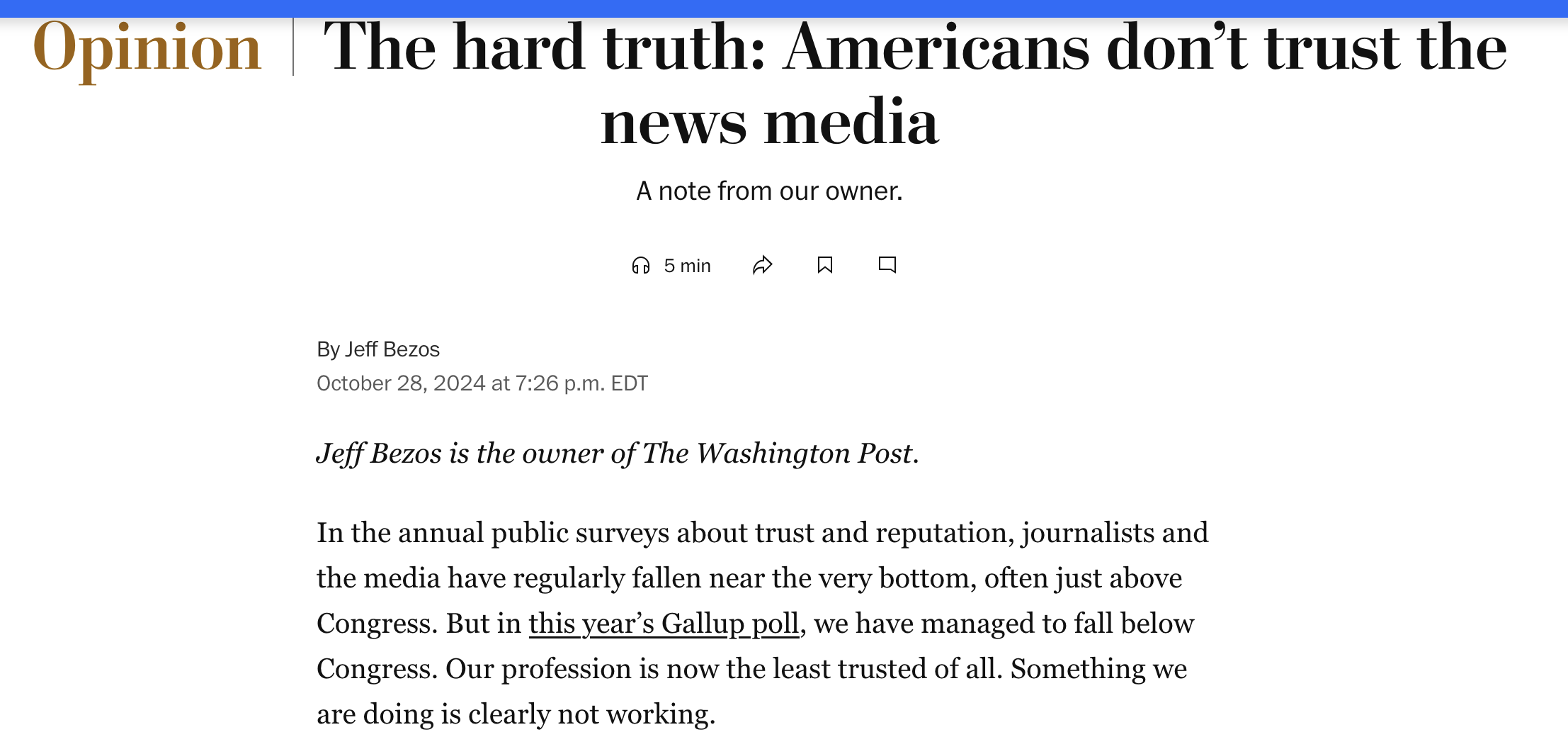The title of this post is incomplete. The media lie (by omission & commission), misrepresent, and exaggerate everything. I realize this is news to no one here. Nevertheless, this makes a useful example of how the deception is carried out.
Hurricane Helene passed by Tampa Bay on Thursday (26SEP2024) evening at about 21:00 local time. At this time, the eye was about 100 miles west of Tampa. This fact is somewhat misleading since the winds (and other effects) of a hurricane are greatest far from a hurricane’s eye. Tampa did not experience the hurricane’s highest winds nor the most intense rain. Peak sustained winds were only about 50 mph, gusting to 70 mph (see figure below). However, because of the large extent of this hurricane, which dominated the weather hundreds of miles from the eye, storm surge was significant.
While I rarely dip into the local legacy media outlets for obvious reasons, this event seemed worthy of an exception. The picture one gets from articles such as this is that the entire area was underwater: Hurricane Helene wasn’t a direct hit in Tampa Bay but it sure felt like it (archived version).
Helene’s center passed no nearer than 100 miles off the coast of Pinellas County, but the enormous hurricane pushed ashore record storm surge ravaging coastal homes and businesses and flooding low-lying neighborhoods beyond any storm in memory.
I live one mile from the shore of the Gulf of Mexico. We did not lose power, though about one third to one half of our county did — about which more later. The morning after the storm, I got up in the roof to check for damage and to clear the rain gutters. A couple of sections of fence had fallen down but with the help of a neighbor and our wives, we got everything back in order.
About 12 hours after the storm passed, my wife and I went for bike ride along the trail near the shore. There was some debris on the trail: leaves and branches. We had breakfast at a restaurant within a half mile of the beach. A street a couple of miles away was flooded to about 2 feet depth. Kids were riding through the water on their bikes: probably not the best idea. By this morning (10:00 28SEP), all the flooding was cleared up. County workers were clearing debris on the bike trail.
As of this time, about 48 hours after the storm’s passage, power had been restored to about 70% of the residences that lost it in the storm. The barrier islands are still having problems: road closures and power outages. But the vast majority of the region is back to normal, or what passes for normal. The airports opened within about 24 hours.
Was it a bad storm? Yes. Is the area devastated? No. People are tough and help each other out. This is not to say that was no real suffering and death. There was. The local and state governments performed well. Thank goodness we didn’t have to wait for Johnny Fed to come to the rescue. But mostly, people took care of themselves and of each other. No whinging; just put your head down and get to work.
For those of you who enjoy disaster porn, the local pier was destroyed by the storm. Picture taken 13:24, 27SEP while on my afternoon bike ride.



